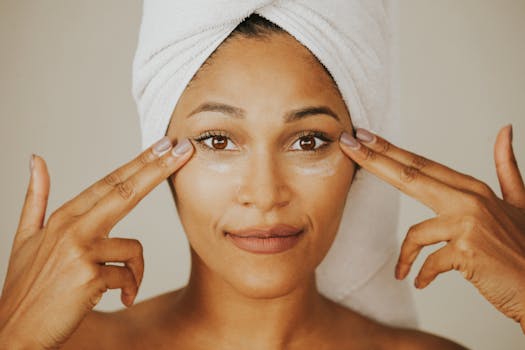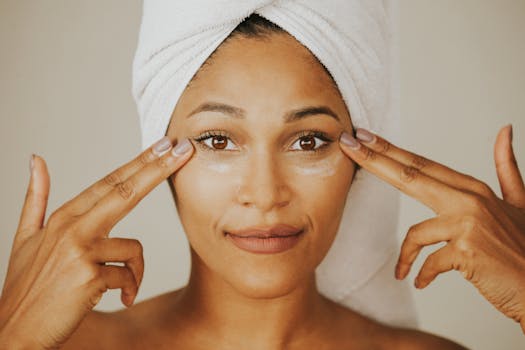
In the film The Substance, Demi Moore portrays a 50-year-old actress who resorts to a black market anti-aging drug, only to find that reversing time has severe consequences. While we can’t truly halt aging, the rising trend of biological age tests suggests individuals may slow the decline of their bodies. Biological age, unlike chronological age, assesses health markers to determine how well one’s body is functioning relative to their age. For instance, some people in their 60s claim biological ages in their 30s, a trend that has even attracted celebrities like the Kardashians.
Biological age tests, which range from DNA methylation analyses to protein evaluations, can predict overall health and risks for various diseases, according to experts. While services offer these tests, researchers express skepticism regarding their practical significance for the general public, emphasizing that the results are often vague without clear action points. Some companies, like GlycanAge, provide consultations to help users interpret their biological age and suggest lifestyle enhancements. However, definitive conclusions on the impact of specific lifestyle changes remain elusive.
While the allure of reversing aging is tempting, anecdotes abound of individuals striving for youthful biological ages; many researchers caution that these tests, while enjoyable, may not substantially alter lifestyles. The fascination with biological age continues to proliferate in health markets, as society grapples with the inexorable march of aging.







